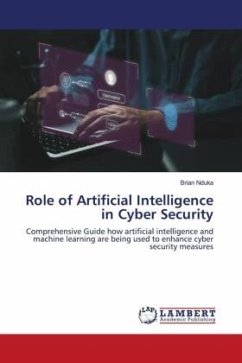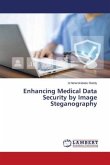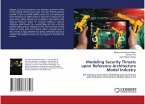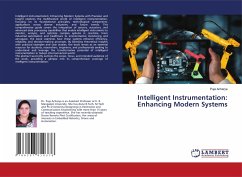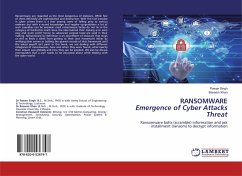The rapid growth in robotic technology has paved the way for new opportunities in modern healthcare and biomedical engineering. Recent advances in the field of medical robotics have been proposed to offer solutions for complex surgeries. Surgical robotic systems can produce rapid, precise, and minimally invasive operations, which ensure faster patient recovery compared to traditional surgery. The Robot Operating System (ROS) is a widely adopted standard robotic middleware for constructing robotic applications. However, it is associated with several cybersecurity threats that must be addressed to safeguard the communication occurring within ROS. The vast majority of people would not do business with a company that had been breached, particularly if it failed to protect its customers' data. Therefore, the loss of customer and stakeholder trust may be the most detrimental effect of cybercrime, as cybercriminals often steal sensitive information from their victims.
Bitte wählen Sie Ihr Anliegen aus.
Rechnungen
Retourenschein anfordern
Bestellstatus
Storno


